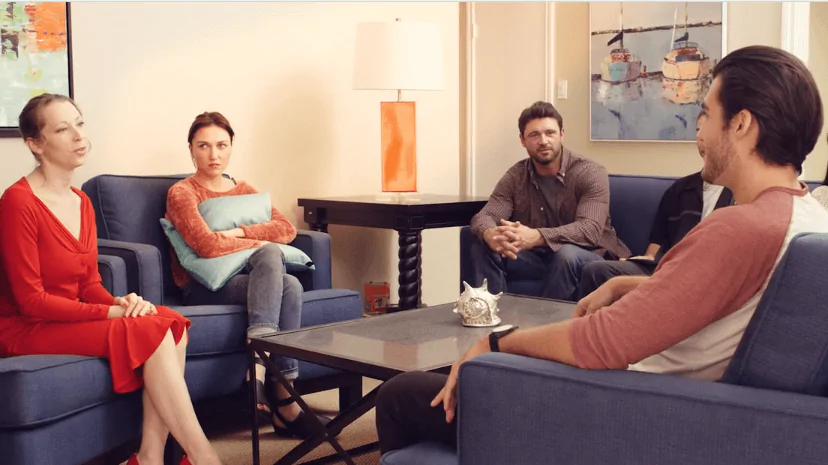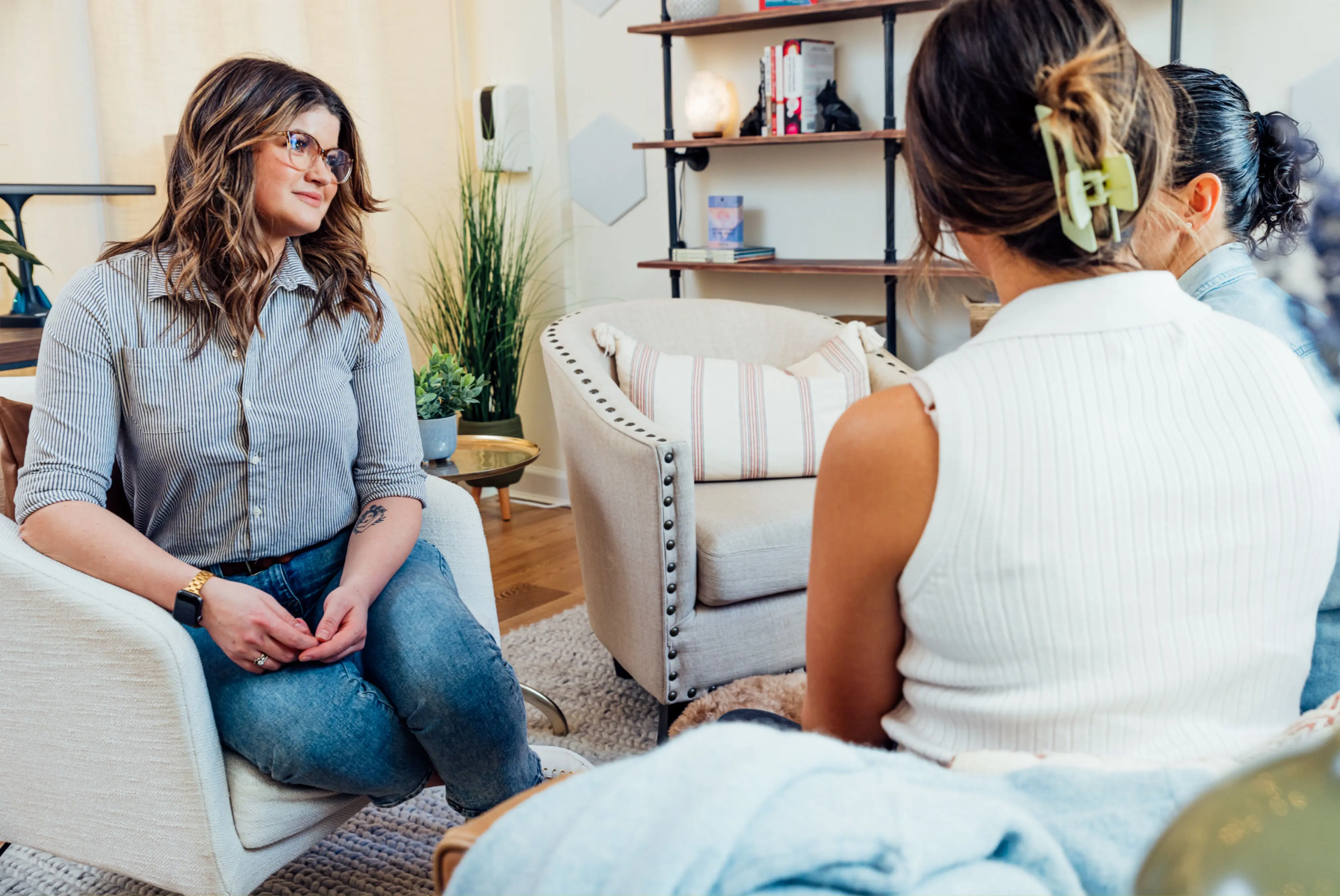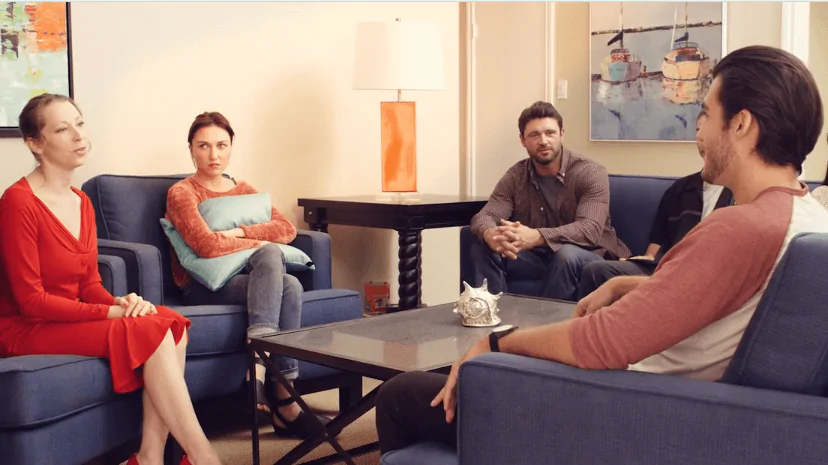24/7 Helpline:
(866) 899-221924/7 Helpline:
(866) 899-2219
Learn more about Residential Rehab centers in Norlina
Residential Rehab in Other Cities

Other Insurance Options

Covered California

Highmark

BlueShield

Premera

Sliding scale payment assistance

CareFirst

Anthem

Oxford

Amerigroup

American Behavioral

Optum

MHNNet Behavioral Health

Horizon Healthcare Service

Choice Care Network

Meritain

Carleon

Group Health Incorporated

CareSource

EmblemHealth

WellPoint

Freedom House Recovery Center – Lake Area Counseling Halfway House
Freedom House Recovery Center - Lake Area Counseling Halfway House provides up to six months of reco...













































































